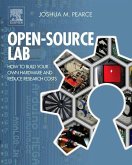
29,95 €
Sofort per Download lieferbar

29,95 €
Sofort per Download lieferbar
Ähnliche Artikel

21,95 €
Sofort per Download lieferbar

eBook, ePUB
17. August 2021
MIT Press
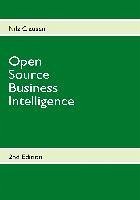
Statt 39,00 €**
30,99 €
**Preis der gedruckten Ausgabe (Broschiertes Buch)
inkl. MwSt. und vom Verlag festgesetzt.
Sofort per Download lieferbar
Versandkostenfrei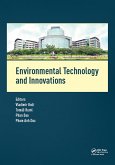
eBook, ePUB
19. Dezember 2016
Taylor & Francis eBooks
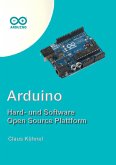
Statt 14,80 €**
11,99 €
**Preis der gedruckten Ausgabe (Broschiertes Buch)
inkl. MwSt. und vom Verlag festgesetzt.
Sofort per Download lieferbar
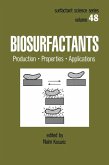

eBook, ePUB
17. Februar 2022
Taylor & Francis eBooks
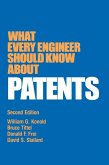
eBook, ePUB
9. Juli 2019
Taylor & Francis eBooks
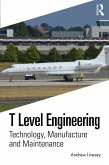
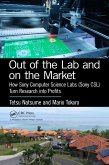
Ähnlichkeitssuche: Fact®Finder von OMIKRON
